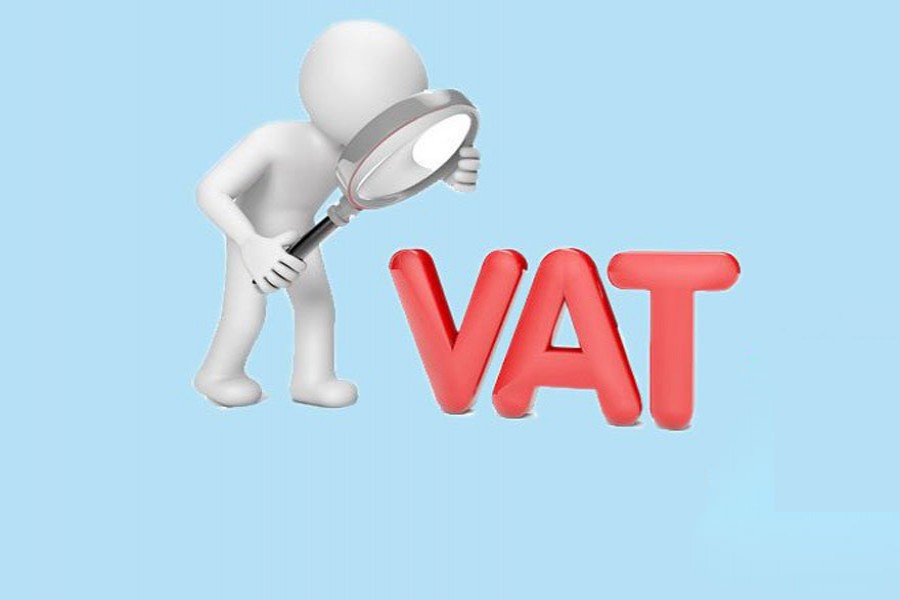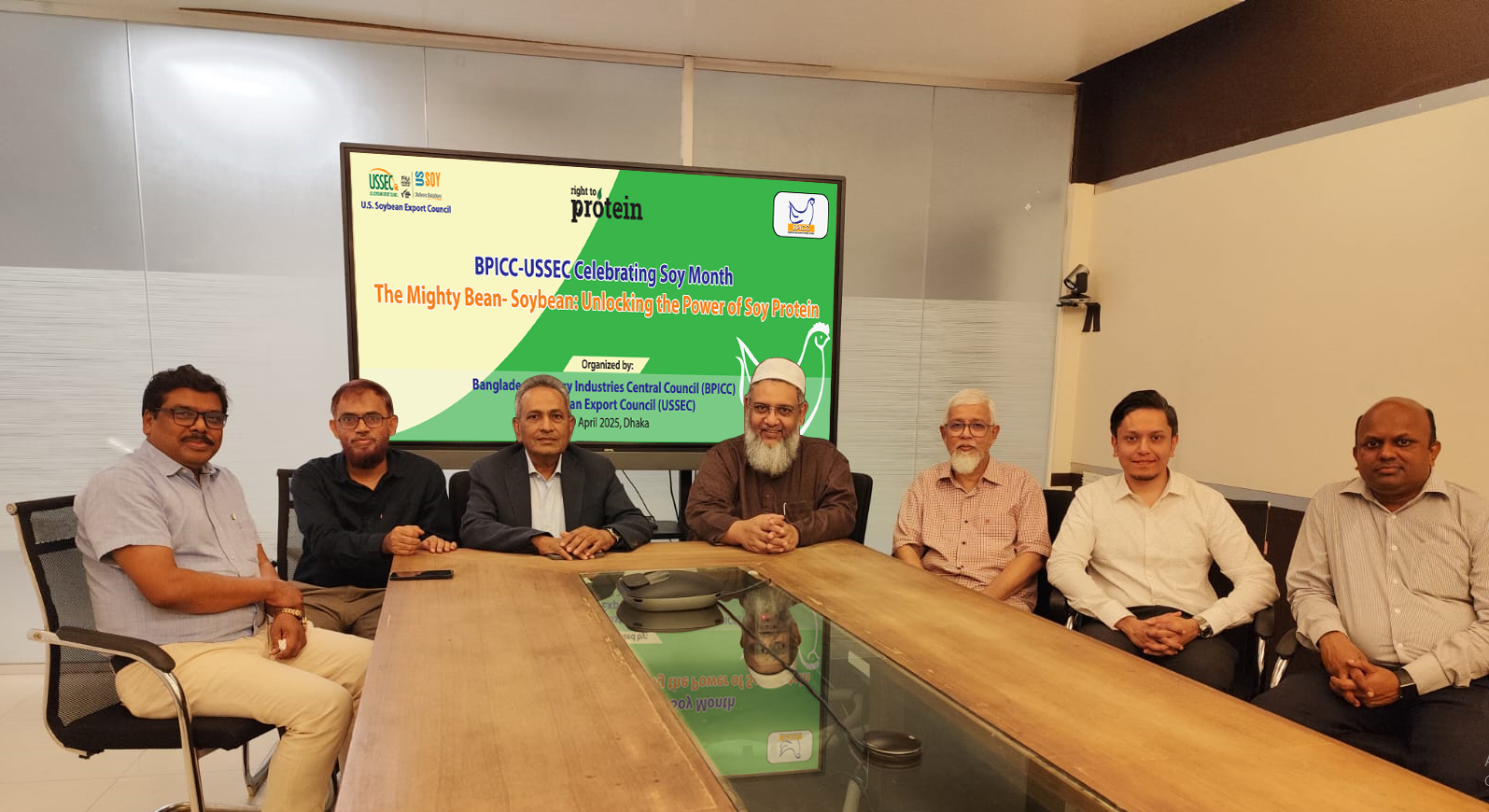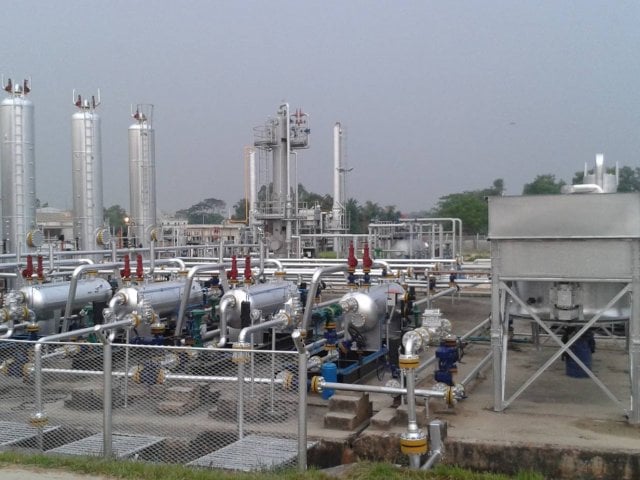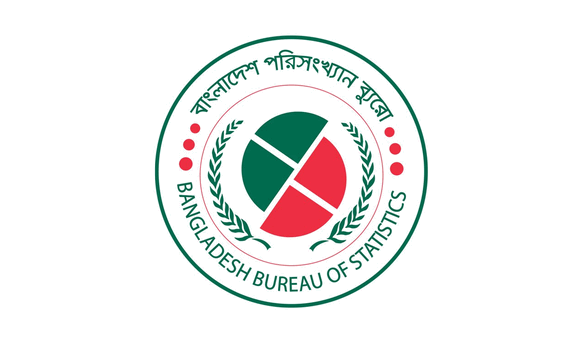
Bangladesh’s ongoing economic challenges are drawing increasing concern as the government prepares to increase VAT on 42 goods and services. The public is particularly anxious, fearing that the VAT hike will further drive up their daily expenses and exacerbate inflation.
Economic adviser Dr. Salehuddin Ahmed has sought to reassure citizens, stating that the VAT increase will not significantly affect the general public. The primary aim of the decision is to target high-income groups, with the goal of increasing government revenue, rather than responding to pressures from the International Monetary Fund (IMF). While there could be some impact on costs for air travel and high-end dining, daily essentials will remain unaffected.
Experts have stressed that increasing VAT on essential goods could worsen inflation. They argue that the government should focus on addressing supply-side issues and boosting domestic production. The current shortage in foreign exchange reserves is also hampering the ability to increase supply in international markets.
Moistafizur Rahman, a fellow at the Centre for Policy Dialogue (CPD), explained that the government’s primary objective is to raise revenue. However, he emphasized that measures must be taken to ensure that ordinary citizens do not bear the brunt of this financial burden.
Dr. Abdur Razzak, Chairman of RAPID, added that the goods targeted for VAT increases are not likely to affect the majority of the population directly. However, he pointed out that effective measures on the supply side are essential to address the broader economic challenges. Given the current foreign exchange reserve issues, increasing supply in international markets is difficult, making it crucial to focus on boosting domestic production.
While the government’s monetary policies have helped address certain economic pressures, experts stress that stability will not be achieved without improvements to the supply chain. More emphasis should be placed on increasing supply and production to ease pressure on consumers and restore economic stability.
VAT increase to be implemented by January 5
The National Board of Revenue (NBR) is set to implement a VAT increase on 42 items by January 5. This is part of the government’s effort to meet IMF targets for raising the tax-GDP ratio, with an additional 0.2% expected this fiscal year.
The tax administration has amended the VAT law, which is currently under review by the Law Ministry. The final approval is expected by Sunday (January 5), with implementation following shortly thereafter.
Although the list of items affected by the VAT increase is not yet finalized, likely targets include air tickets, medicine, restaurants, residential hotels, sweetmeats, biscuits, and branded clothing. The VAT on these items may rise up to 15%, significantly higher than the current rates.
The NBR official assured that small businesses and services will not be impacted by the changes. The VAT hike on items like medicines, restaurants, and hotels is expected to generate substantial revenue, but experts continue to monitor the situation closely to ensure that consumers, especially lower-income households, do not experience excessive financial strain.
In addition to the VAT hikes, excise duties on air tickets will also rise. For domestic flights, the duty will increase by Tk200, and for international flights, the duty on tickets to SAARC countries will increase by Tk1,000. For non-SAARC Asian countries, the duty will rise by Tk500, and for European, U.S., and other international destinations, the excise duty will increase by Tk1,000.
The VAT and excise duty hikes are part of broader efforts to address the country’s fiscal challenges, but experts warn that addressing supply-side issues is just as crucial to ensure long-term economic stability.








